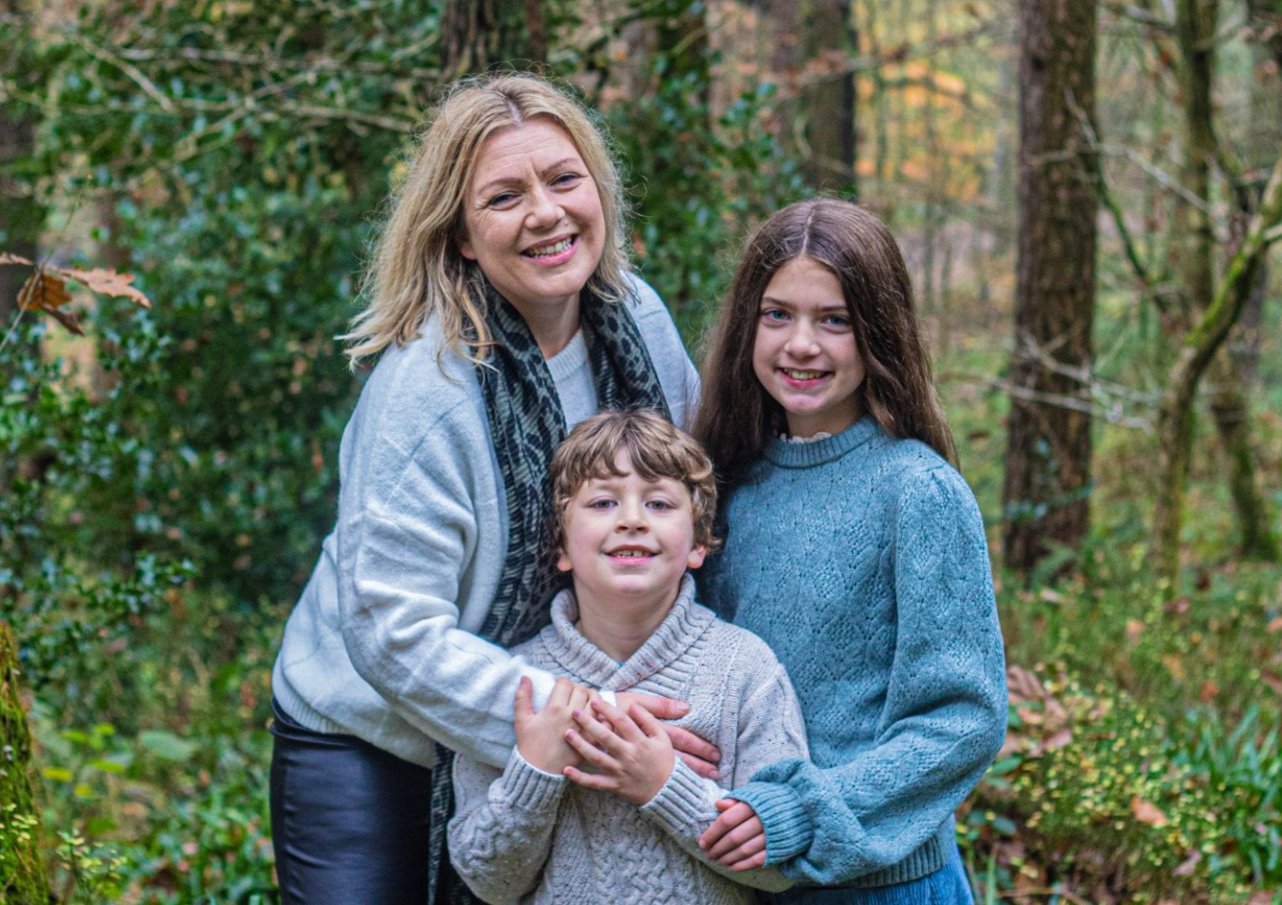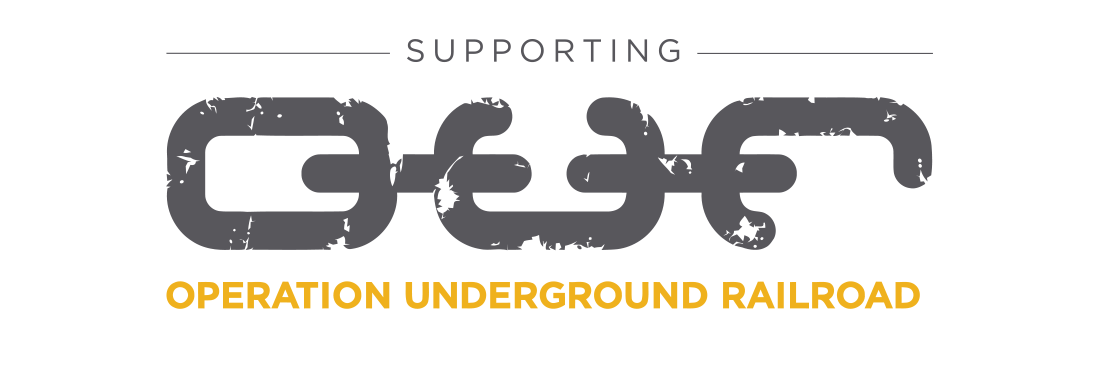The Language of Lies
Can You Spot A Liar?
Can you spot a liar? There are different ways that psychologists, neurologists, and other departments have looked for tell-tale signs. Such an approach relies on information from the physiological aspects. Sweat, heart rate, eye movements, body language and more. But… the question here is - can a linguist spot a liar through language alone? The language research says – Yes, we can! And it could be argued to be a more reliable way!
Any Dr Who fans, think Matt Smith and his Bow ties. Linguistics is cool!
Studying language in its natural environment, used in everyday conversation allows us to view it as it actually is. It is nothing to do with how anyone thinks it should be used. It is allowing the reality of everyday interaction to inform us. When we collate enough samples of everyday talk, we can use it to start to look for patterns, then we can map the patterns to a certain group, a certain environment or even a certain likely point in an interaction. Once we expose the patterns, we can make informed predictions of the language use in a particular group of speakers in any given situation or environment. Having this information might help us to understand how a doctor can better help their patient discuss concerns, how a mediator can encourage discussion in neighbour disputes, or it might even save a life.
Elizabeth Stokoe, professor of Social Interaction at Loughborough University has worked with groups such as the police, negotiators and mediators to identify the language that best supports them with the people they are trying to help. A perfect example of the difference this work can make is Liz Stokoe’s research on the most effective way to open a conversation with someone who is about to commit suicide. One example that demonstrates the point of this blog well is her finding that ‘talk’ in a phrase such as ‘can we talk?’, was likely to cause a shut down of communication and escalate the tension, whereas ‘speak’ did not have the same effect and could therefore be used as a way of increasing the chance of a positive outcome.
That is the power of language and that is the importance of stepping back from what seems obvious and viewing it as data, rather than thinking we already know everything just because we are proficient users of our native language. Research like this has offered clear and relevant information that has helped offer professionals information on how to help their students and patients and even, potentially save lives.
So, how can we spot liars?
Forensic linguists are dedicated to using their understanding of what certain groups’ language use might look like and spotting people online who are pretending to be someone they are not. Obviously, this subject can very quickly get quite dark in nature as we consider the type of criminals that may want to present themselves as younger than they are and perhaps a different gender. Let’s just leave it with a thankful thought to the technology and the work being done in linguistics and other fields that will help protect from such criminality going forwards.
In face-to-face interaction, how can language use indicate someone is lying?
95% of what we say in flowing natural conversation is not consciously chosen vocabulary. For example, we are not consciously choosing the small words in between, prepositions such as in, verb tenses such as ‘ing’ or ‘ed’ endings, articles such as ‘a’ or ‘the’. You get the idea, there is a lot going on when we speak that is not consciously chosen, it is something so natural to us as native speakers that it is automatic to us. The other 5% are, for the most part, verbs and nouns. Lies have been found to differ in 3 main ways:
1. Lies will contain less reference to the self – personal pronoun I and more use of the third person – he, she and they
2. The language of lies will contain reduced amount of content which indicates the details of the event – but to make up for this will include increased use of words that emphasise the actual words spoken – especially with an attempt to ensure that the listener will feel a certain way about the story and the speaker at the end of the telling. For example, words such as ‘definitely’ in phrases such as ‘I definitely was not there’ and ‘bizarre’ in phrases such as ‘at that bizarre location’. The extra words don’t tell you more about the event, just more about how the user feels and wants you to feel.
3. Finally, the person telling a lie will use exaggerated negative phrasing, particularly at the end of a telling they may finish with something like – I can’t honestly believe this!
It reminds me of the quote from Hamlet, to finish with: Methinks the lady doth profess too much. However, I remember being aged around 9 years old and my dad sitting me on the worktop in the kitchen and asking me if I had been crossing the road, I remember that my denial was met with the above Shakespeare quote and I know I was telling the truth (ha ha), so the key note to finish with is that as with the other lie detector facilities this is not admissible as evidence in court, but it is as always a fascinating piece of the whole picture.
Linguistics is cool!









